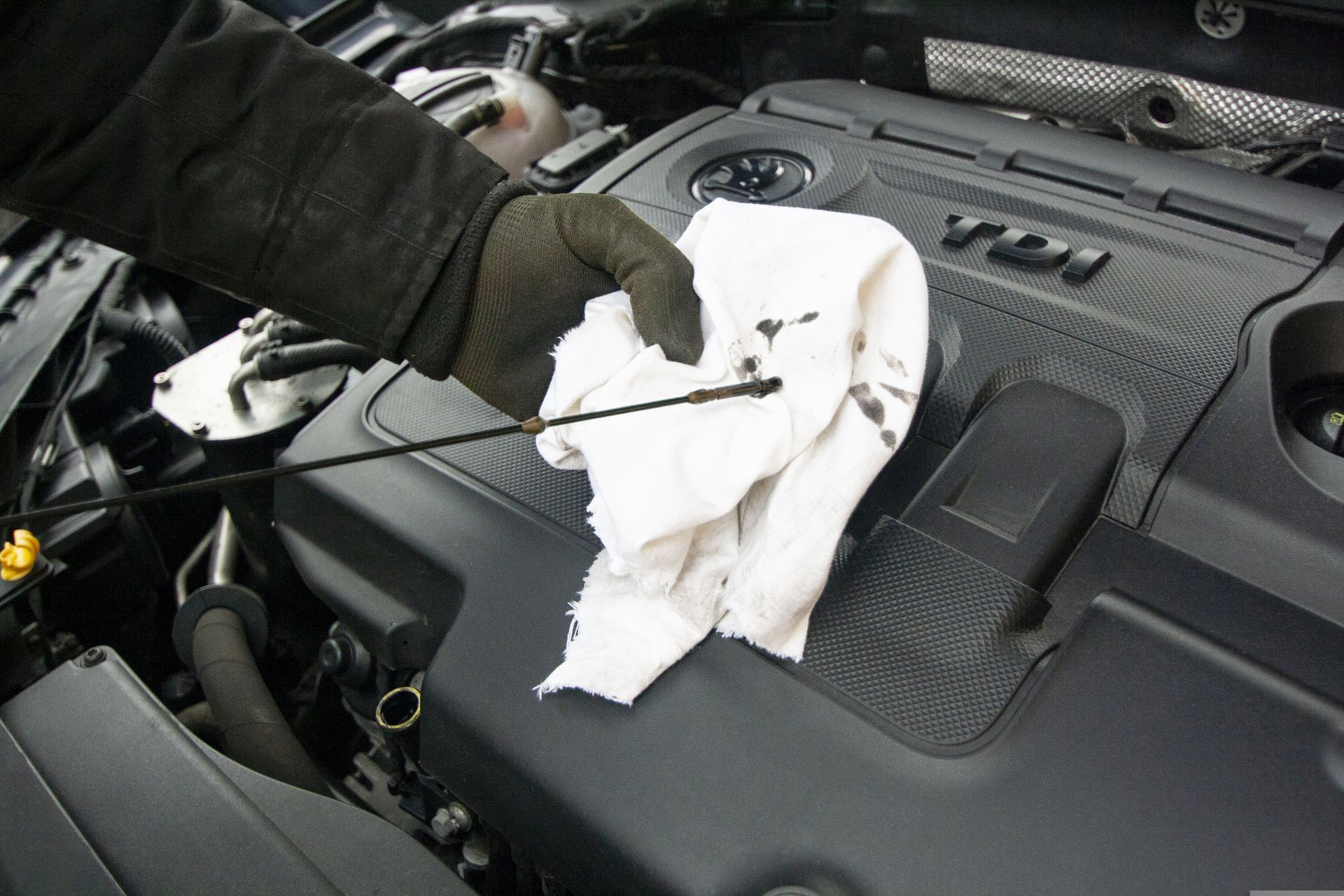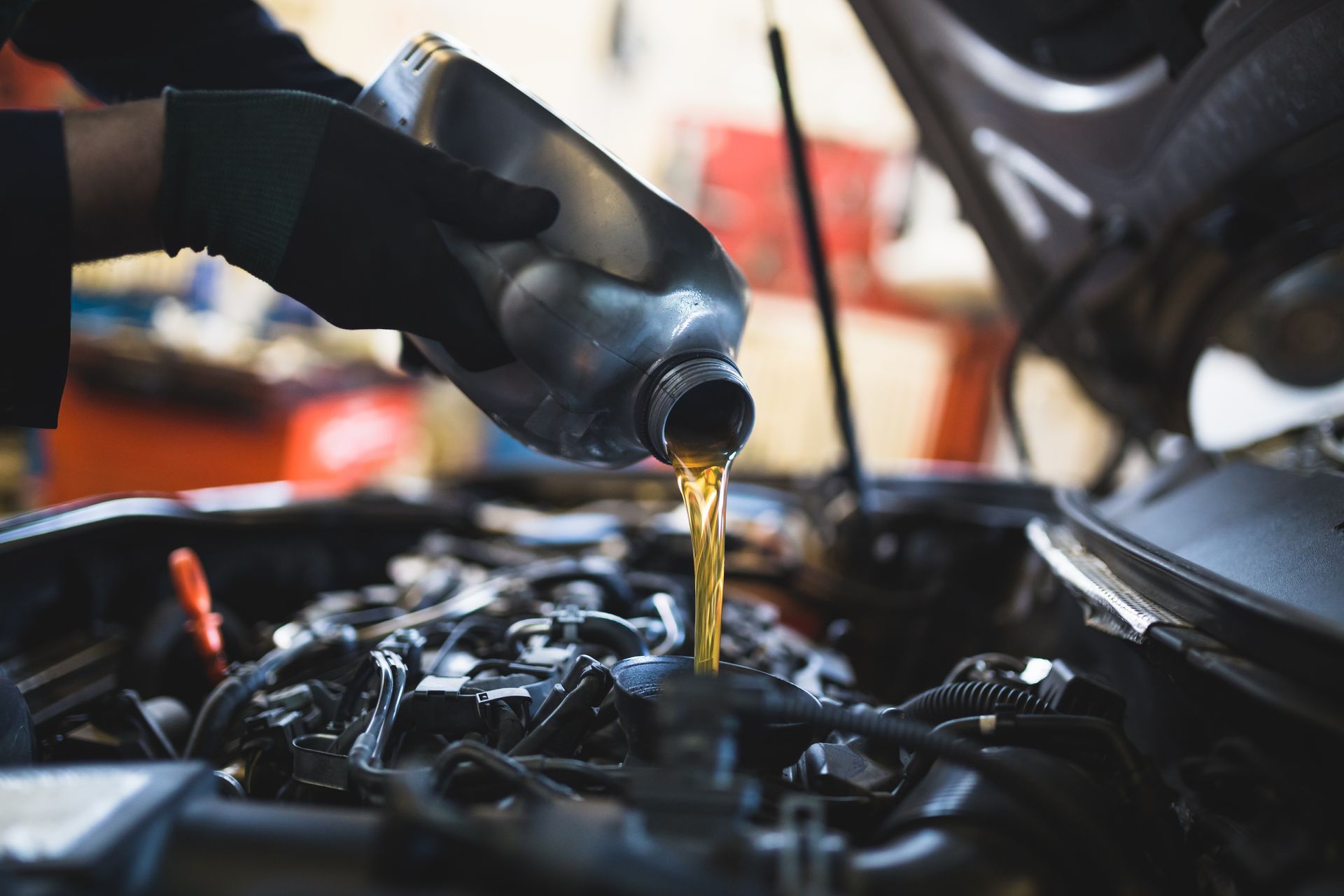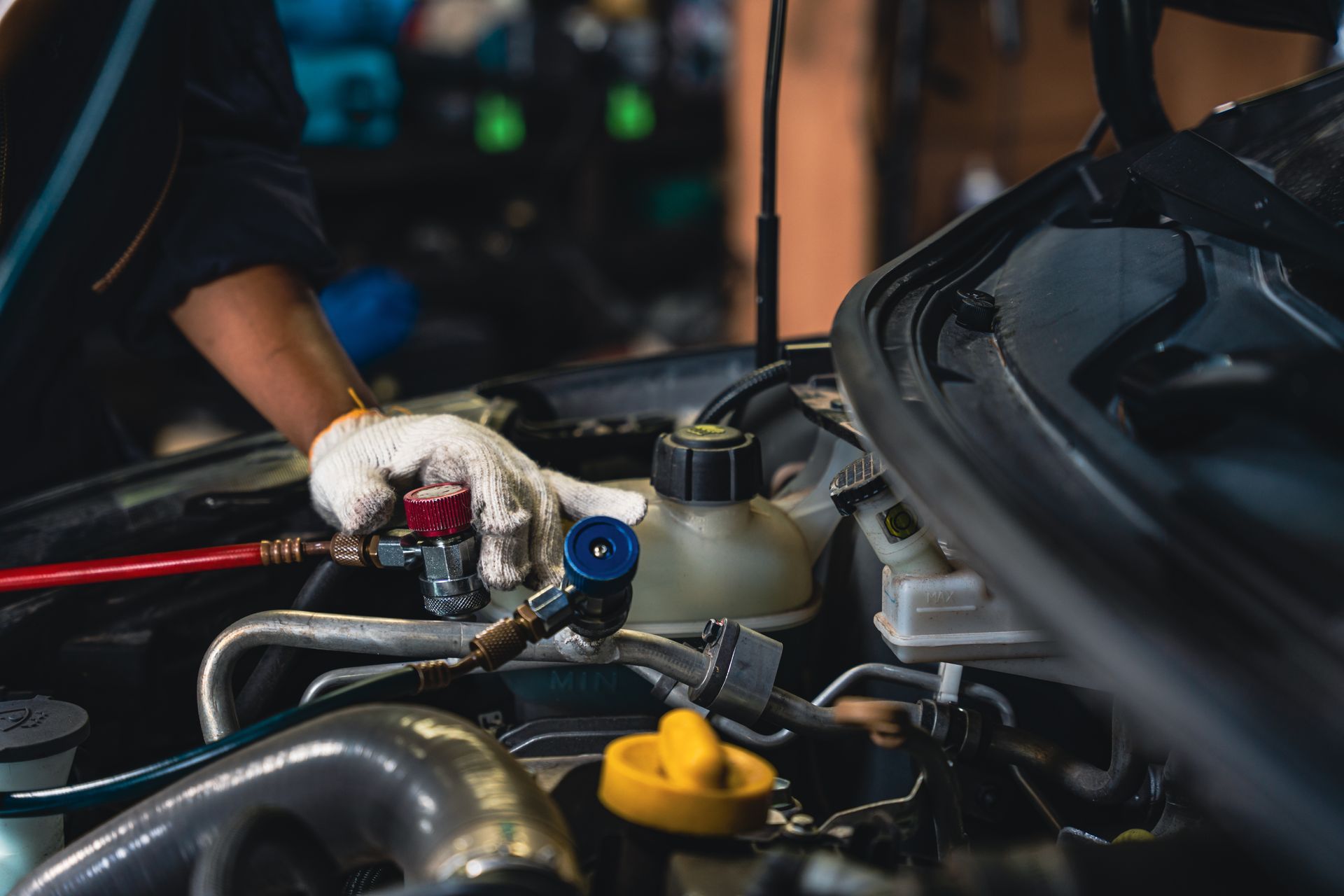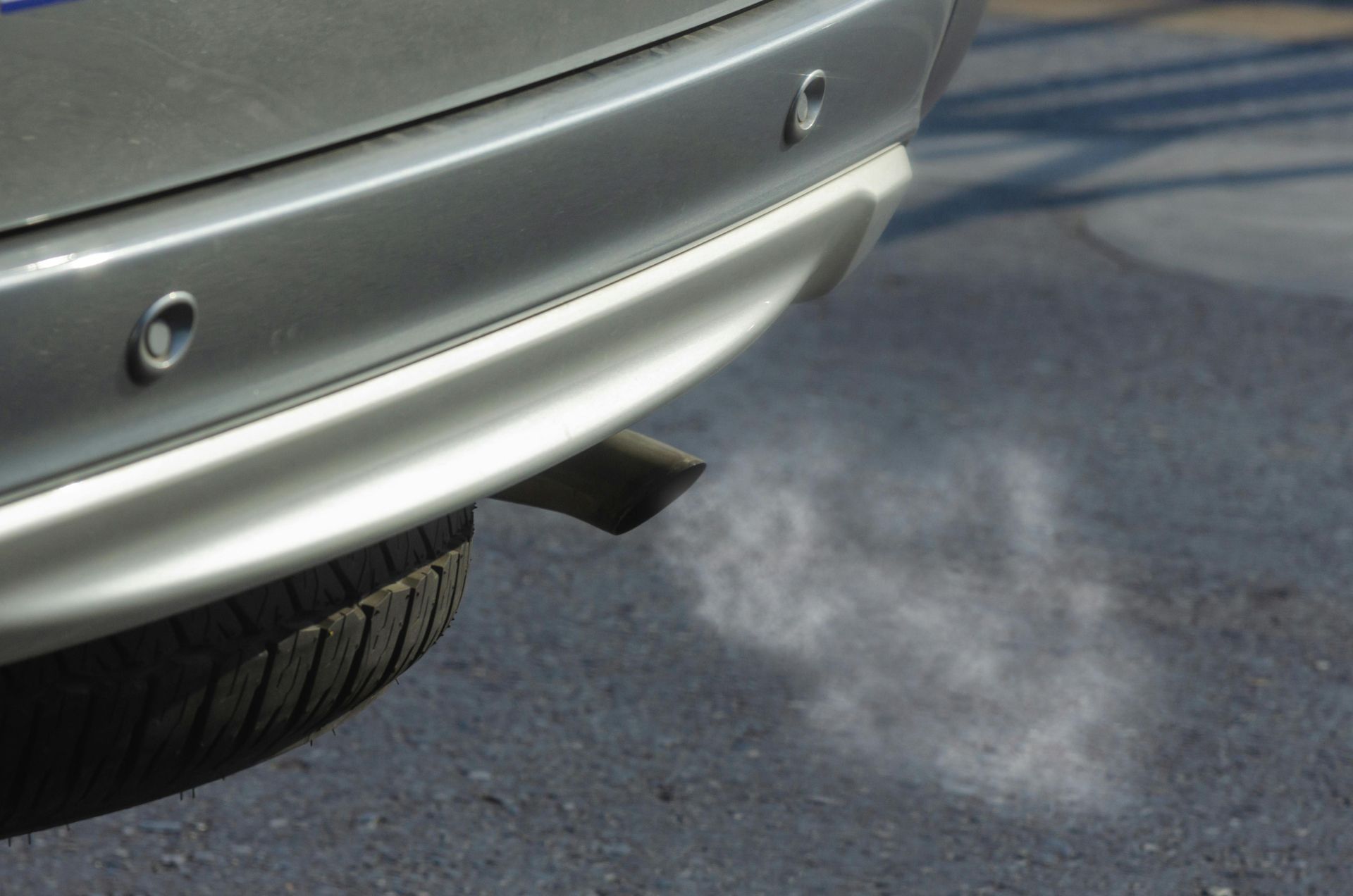How Often Should You Really Change Your Oil in Grand Rapids MI?
Regular oil changes in Grand Rapids are essential for maintaining your vehicle's health, where weather conditions vary significantly.
Simply put, if you want to save money in repairs in the long run and extend the life of your engine, you have to know and follow when it's time to change your oil.
Understanding Oil Change Intervals
The traditional recommendation for oil change intervals was every 3,000 miles, a fact that AAA backs up. However, advances in engine technology and oil formula have changed this guideline. Many modern vehicles can now go between 5,000 to 7,500 miles before needing an oil change.
Some synthetic oils even allow for longer intervals, up to 10,000 or 15,000 miles, but that's not the whole story. There are several other factors you'll need to consider to come to the right oil change frequency for you.
Factors Affecting Oil Change Frequency in Grand Rapids
Driving Conditions
In Grand Rapids, driving conditions can influence how often you should change your oil. Do you take frequent short trips? More involved in stop-and-go traffic? How about extreme weather conditions? Not that Michiganders know anything about that. Just kidding.
All of these can increase the frequency of oil changes. If you often drive under these conditions, you might need to change your oil more frequently than the manufacturer’s recommendations.
Vehicle Type and Age
Your vehicle's type and age also play a role in determining oil change intervals.
Older vehicles might need oil changes more often, whereas newer models could have longer intervals between changes thanks to advanced engine technology.
Your vehicle's owner's manual is your best friend in these situations. We can also help you determine the best oil change interval at our shop.
Recommendations for Oil Change Frequency in Grand Rapids
To decide how often to change your vehicle's oil in Grand Rapids, MI, think about these suggestions:
- Consult Your Owner’s Manual: The manufacturer's guidelines for oil change intervals are tailored to your specific vehicle model. That's where you should start first.
- Consider Your Driving Habits: If you drive in harsh conditions or have an older vehicle, consider more frequent oil changes. An auto repair shop like Auto Centric can help you determine the right frequency.
- Choose High-Quality Oil: Select high-quality or synthetic oils. These can extend the interval between oil changes and offer superior engine protection, as long as you don't violate rule #1.
- Regularly Check Oil Levels: Keep an eye on your oil level and quality. If your oil looks dark or dirty, it might be time for a change, regardless of mileage.
- Professional Advice: Don’t hesitate to consult with a trusted mechanic or oil change service provider in Grand Rapids. An auto repair shop like Auto Centric can help you determine the right frequency.
So, while the general guideline for oil changes has evolved, it doesn't mean that your oil change interval is strictly set to what the manufacturer suggests. The deeper questions that you'll have to answer revolve around local driving conditions, vehicle specifics, and personal driving habits.
Reach out to Auto Centric today if you need an oil change. We also include a multi-point inspection free of charge so you can stay ahead of any problems. We're conveniently located at 5355 Plainfield Ave NE in Grand Rapids. We look forward to seeing you soon.

Written by Tom Ham
Tom has been in the automotive industry since 1970 and has over four decades of experience in auto repair. He has owned and operated Auto Centric since 1978.
















